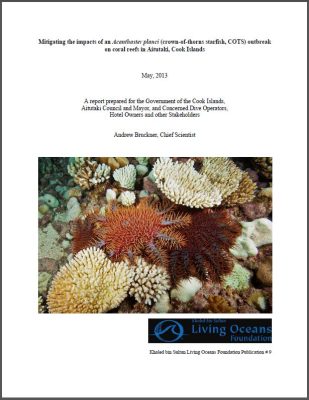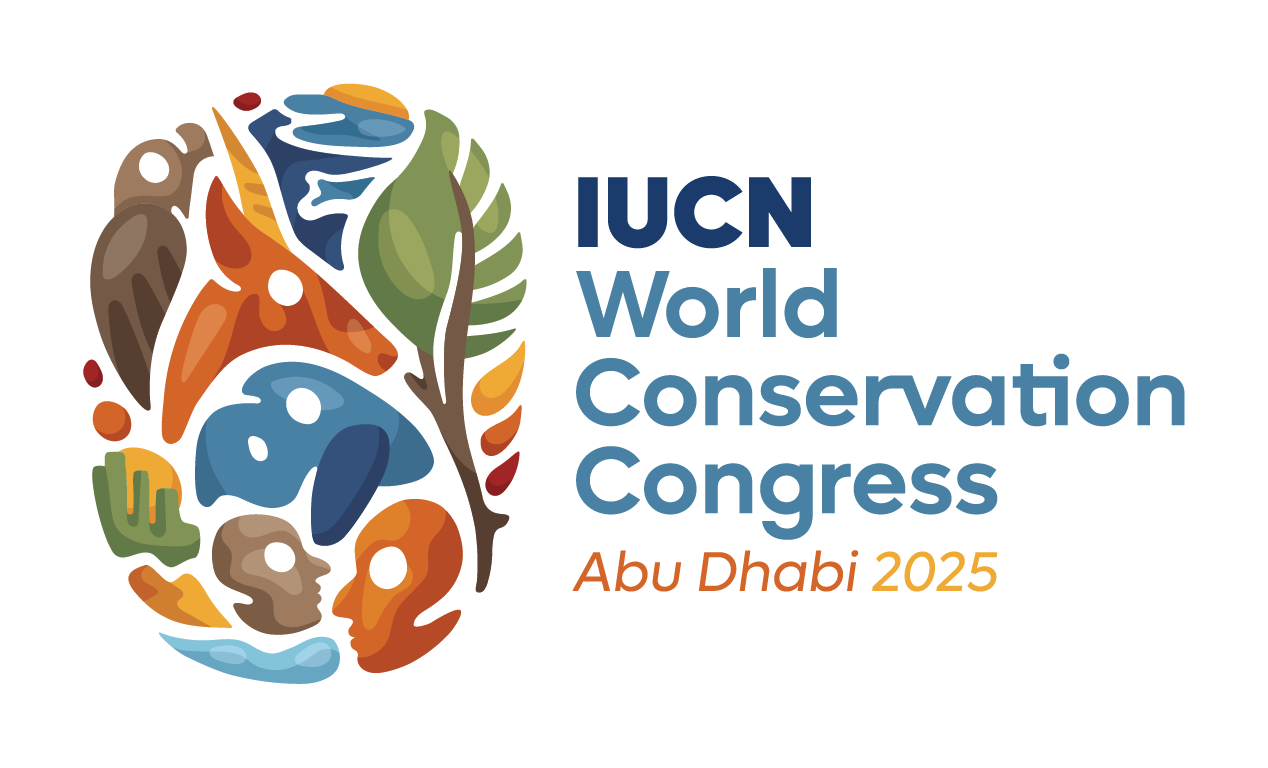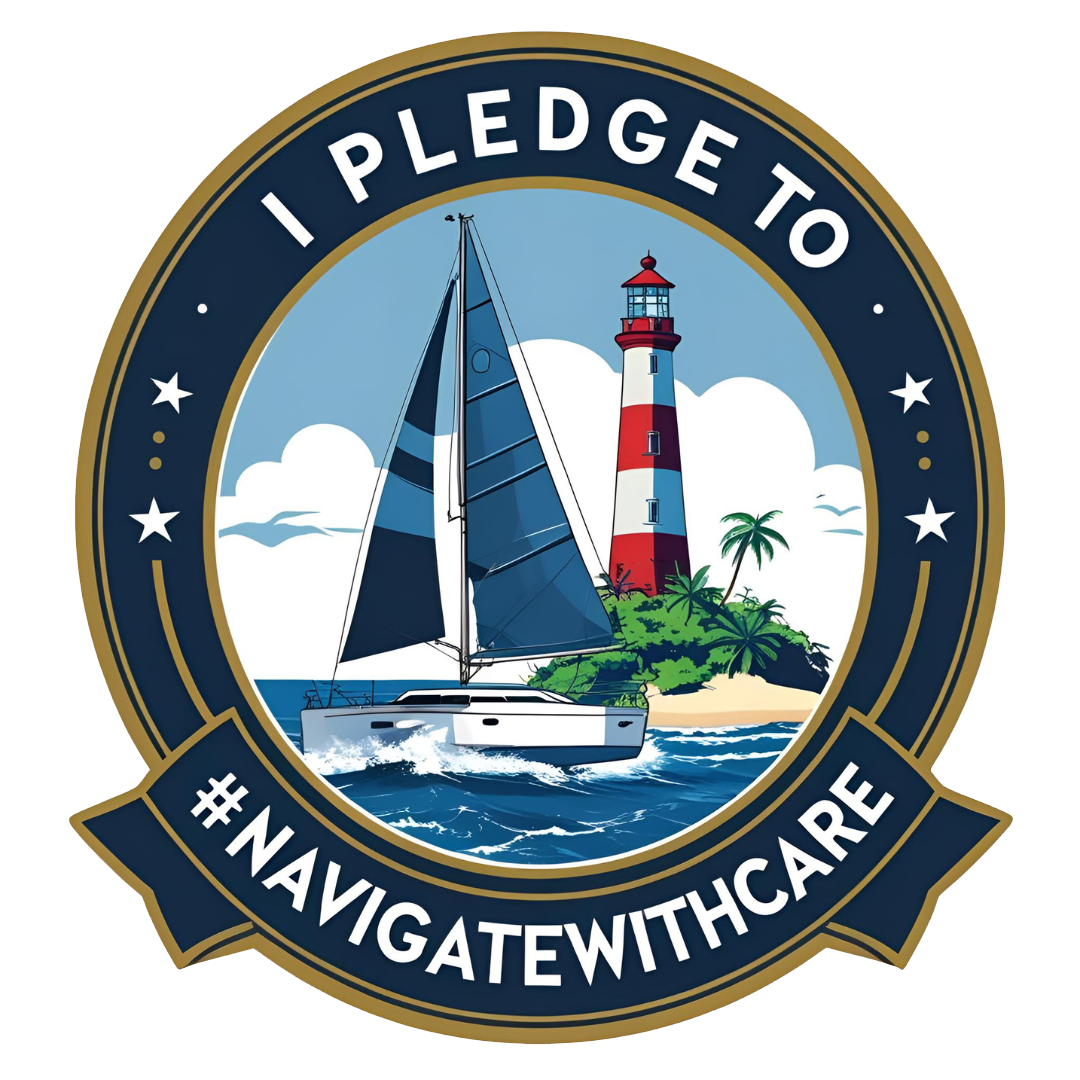This Aitutaki COTS Outbreak Report was prepared for the Government of the Cook Islands and local Stakeholders by the Living Oceans Foundation Chief Scientist who conducted the Cook Islands mission of the Global Reef Expedition in 2013.
Mitigating the Impacts of Acanthaster planci (crown of thorns starfish, COTS) outbreak on coral reefs in Aitutaki, Cook Islands
 Living Oceans Foundation
Living Oceans Foundation
May 2013
By Dr. Andrew Bruckner
The impact: Outer reef (fore reef) communities surrounding Aitutaki have been impacted by a severe outbreak of Acanthaster planci crown of thorns seastars (COTS). This outbreak was reported to have started at least a year ago, and is still ongoing. Coral cover has declined substantially throughout the fore reef as a result of COTS predation, with some additional damage possibly attributed to Cyclone Pat. Coral cover has declined by 80-99.9% throughout deep (15-30 m) fore reef sites surrounding the atoll, with <0.05% live cover remaining in most locations. Similar declines were noted at shallower depths (3-15 m) off the west, north, northeast and south sides. In these degraded areas, a very low number of intact, undamaged corals remain. Survivors are predominantly coral taxon that are not preferred food sources: deep populations of plating/foliaceous Porites rus were mostly intact; low numbers of plating/columnar Coscinarea, finger corals in the genus Acropora and large-branched cauliflower corals in the genus Pocillopora remained. The only healthy fore reef communities with high diversity coral populations identified during these surveys were located along an 8.2 km stretch of reef off the southeast coast, in shallow water (3-10 m) (Fig.1). Lagoonal reefs have been unaffected by these disturbances and are still mostly in good shape. What is most worrisome is that the shallow fore reef environments on the southeast coast, with the best remaining coral, currently have the largest populations of starfish and the highest number of recently eaten (white) coral skeletons.
During the present surveys, COTS were observed on all fore reef sites, but were absent from lagoonal sites. The numbers of starfish, size of animals, and condition of animals varied depending on the availability of food, depth and location, with the highest numbers in the southeast and lowest in the west, near the channel. Sites with healthy coral populations corresponded to sites having the highest prevalence of COTS (aggregations contained 1-2 to 10 starfish/m2) and the most rapid current and ongoing losses of coral. Smaller populations of starfish remain in degraded areas, occurring at all depths. These animals continue feeding on surviving corals, including less preferred stony coral species, small tissue remnants remaining on certain preferred species, and new recruits. Moderate to large populations of starfish are also are targeting soft corals and encrusting acroporids in the shallow, exposed reef crest and fore reef environments (2-3 m depth). The largest starfish and highest densities were found in areas with the best remaining coral populations; animals in other locations included large animals and smaller, weaker animals, many of which were missing arms…


